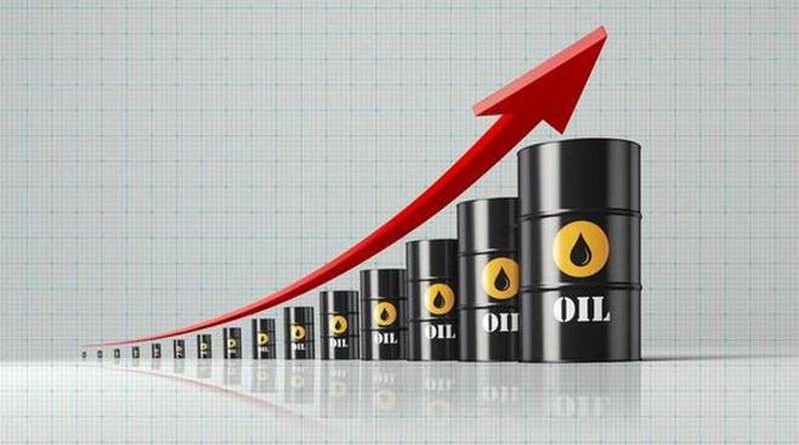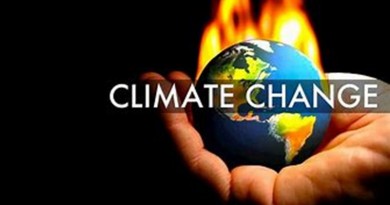Oil prices rise after OPEC+ announce production cuts
As producers from OPEC+ suddenly stated that they will limit output, oil prices rose on Monday.
The price of WTI, the US standard, increased 5.48% to $79.83 while Brent crude, the worldwide benchmark, increased 5.31% to $84.13 per barrel. Those price increases were the biggest in almost a year.
In the week following the failure of Silicon Valley Bank in the United States on March 10, as the upheaval expanded to the larger financial sector, heightening concerns of a global recession, oil prices plunged as low as $73 and $67 per barrel, respectively.
With oil prices currently rising, inflation may continue to rise for longer, putting additional pressure on a contentious subject for consumers worldwide.
The development is a blow to inflation, according to a report written on Monday by Sophie Lund-Yates, lead equities analyst at Hargreaves Lansdown. Markets are aware that central banks will need to lengthen or intensify their interest rate hike cycles if the pressure persists.
On Sunday, Saudi Arabia announced that, together with other Organization of the Petroleum Exporting Countries members or allies, it will begin “a voluntary reduction” in its crude oil production (OPEC).
According to a representative of the Saudi Ministry of Energy, the reductions will begin in May and continue through the end of the year.
According to SPA, the cuts are in addition to those made public by OPEC+ in October.
That month, oil companies decided to reduce production by 2 million barrels per day, the biggest decrease since the pandemic’s beginning and roughly equal to 2% of the world’s oil demand.
Saudi Arabia has announced that it will reduce oil production by another 500,000 barrels per day.
The United Arab Emirates will cut production by 144,000 barrels per day, and Iraq will reduce production by 211,000 barrels per day.
In addition, production will decrease in Kuwait, Algeria, and Oman by 128,000, 48,000, and 40,000 barrels per day, respectively.
Oil industry titans’ shares increased on Monday, with Shell (SHLX) rising 4.21%, BP (BP) rising 4.64%, and France’s TotalEnergies rising 4.56%.
preventative action
The OPEC+ action, according to Goldman Sachs analysts, was unexpected but “consistent with the new OPEC+ policy to act pre-emptively because they can, without major losses in market share,” they wrote in a note on Sunday.
According to the researchers, the nine OPEC+ countries have collectively reduced their daily output by 1.66 million barrels. Their estimate for the price of Brent in December was raised to $95 per barrel.
According to SPA, Saudi Arabia’s energy minister justified its most recent drop as a preventative move designed to support the stability of the oil markets.
On that claim, as well as the most recent cuts by OPEC+, the White House pushed back.
Given the current state of the market, we don’t believe cuts are prudent at this time, and we’ve made that plain, a National Security Council spokesperson said. Instead of barrels, we are concentrating on costs for American customers.
The White House had expressed displeasure with OPEC+’s decision to decrease production as early as October.
At the time, Vice President Joe Biden of the US promised that Saudi Arabia would face “consequences.” Yet, his administration’s seems to have changed its mind about punishing the Middle Eastern kingdom.
The OPEC+ member Russia also said on Sunday that it would continue to reduce oil production by voluntarily cutting 500,000 barrels per day until the end of 2023. According to TASS, the decision was made public by Russian Deputy Prime Minister Alexander Novak.
The choice was less unexpected. According to Goldman analysts, they predicted the cut would continue throughout the second half of the year.




